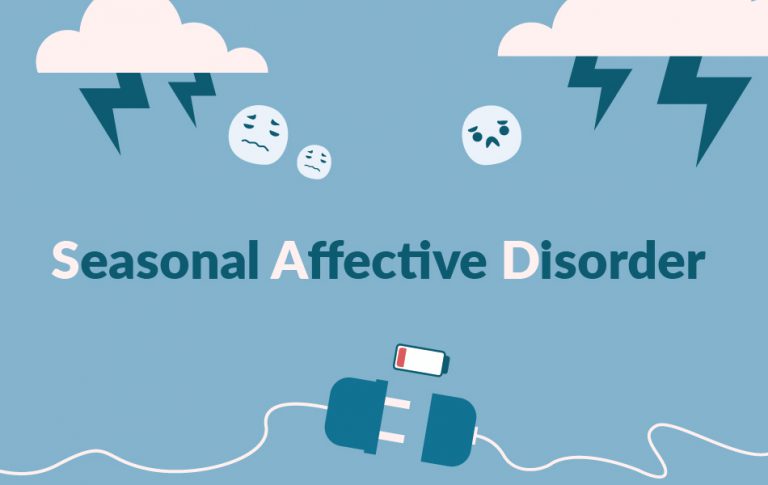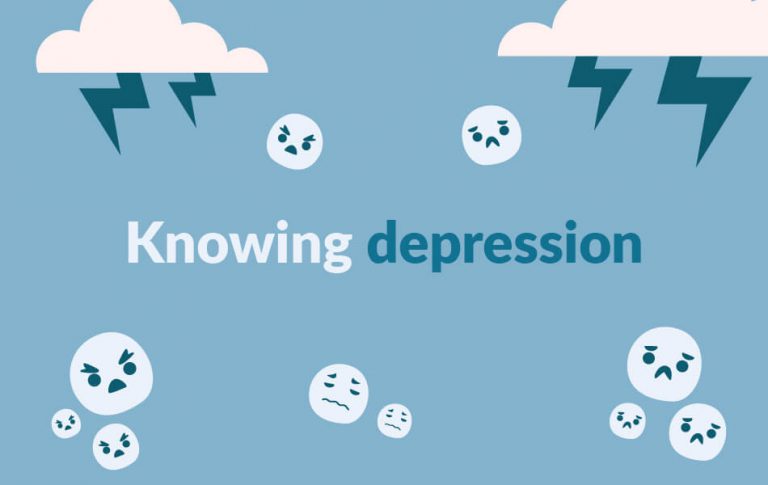Having good mental health goes beyond the lack of any distinctive mental illness.
In fact, in one of our previous posts, we discussed the importance of lifestyle when it comes to dealing with everyday stress in healthy ways. The main purpose of this is to protect your mental state and avoid the potential development of any mental health problems as a result of not taking care of yourself.
Factors like proper sleep, exercise, and nutrition all play a significant role in positively impacting your mental health. And although all mental illness cannot be avoided, it’s within your power to manage how it affects you.
When age is more than a number
Studies have shown that one’s age can make them more susceptible to mental health problems over time. This is because growing older brings with it a gamut of unique challenges and obstacles that don’t exist when you’re younger. For example, the stresses facing a 50-year-old are not the same as what a 25-year-old has to deal with. And it is how you manage these stresses at various stages of your life that will determine the state of your mental health.
If we take a closer look at the different age groups, we are able to pinpoint potential threats to mental health accordingly:
- In your 20s: Stress arises from uncertainty surrounding employment, developing an identity independent of your family and peers.
- In your 30s/40s: Stressful situations include adopting new roles e.g. parent, spouse, etc. and how to find a balance between family life and your career.
- In your 50s/60s: Physical changes in your body and hormone levels, evolving personal relationships, and nearing retirement are all challenges you must face.
- 70s and beyond: Chronic illness and other health issues are more prevalent, along with emotional and psychological strain of experiencing loss of loved ones. The reality of not being able to take care of yourself for much longer also adds to the stress at this stage in your life.
What’s important is that we remain alert to the warning signs that these stresses are taking a toll on mental health. The main ones to look out for include: changes in personality, erratic moods, anxiety, isolation, and a noticeable lack of self-care.
The path to wellness
Maintaining good mental health is more a lifestyle than a sure prevention of mental illness. What’s more, if you have been diagnosed with a mental condition, living a healthy and balanced life will help you manage far better than if you don’t.
The goal is holistic wellness – bringing the body, mind, and spirit into focus. A few ways in which you can begin to do this include practicing how to communicate your feelings. This helps you deal with problems as they arise instead of leaving them bottled up. Also, adopt a regular exercise program. It doesn’t have to mean hitting the gym, but going for walks in nature can work wonders too. That being said, the most important thing to remember is that it’s completely natural to feel stressed and overwhelmed by life’s curve balls.
When this happens, the best thing you can do is to reach out for help and support. At ZwavelStream Clinic we provide the guidance you’ll need to restore balance to your life. Contact us today to find out how.







